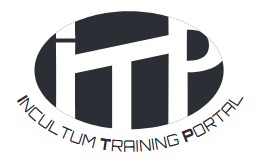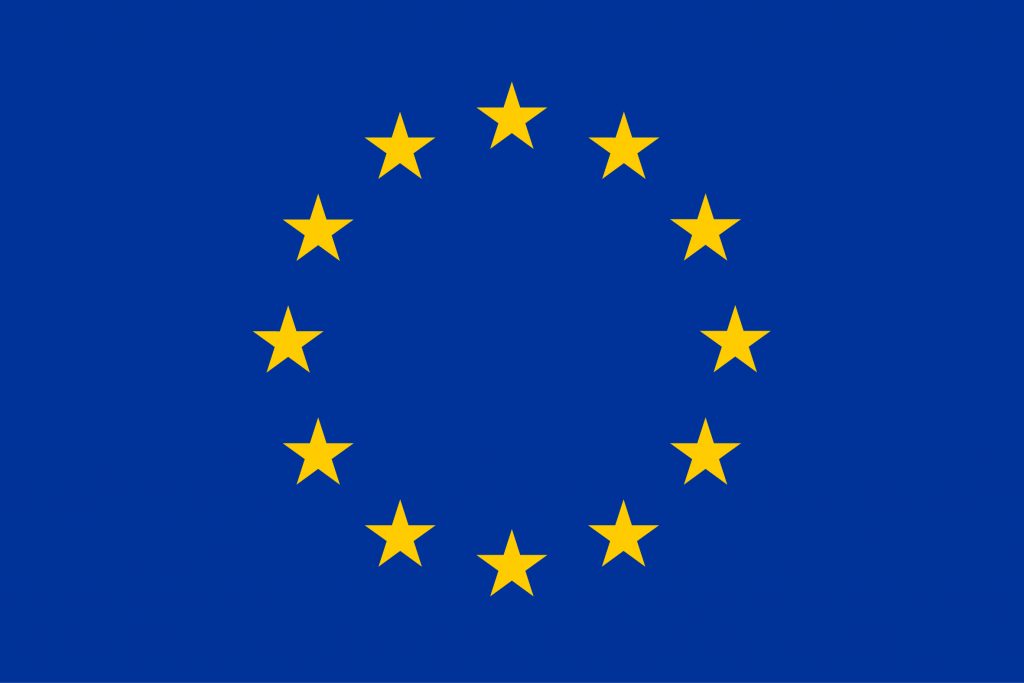ITP >> Training resources from the project’s activities >> Participatory models
Targets: public administrators, tourism professionals, cultural managers
In this section, you can find the outcomes of the research conducted in INCULTUM to define the key terms of participatory approaches in culture and tourism.
The material aims to offer guidance to policy development and to the implementation of innovative participatory actions.
PARTICIPATORY GOVERNANCE AND MODELS IN CULTURE AND CULTURAL TOURISM
Resource developed by Matej Bel University in the frame of WP4: Policies and participatory models
“Participatory approaches and models in tourism are widely accepted as a criterion for sustainable tourism, as it helps decision makers maintain traditional lifestyles and respect community values.” With these opening words, the incipit of the book immediately introduces the reader to one of the main pillar of the INCULTUM project, i.e. the connection between participation and innovative tourism. The book is a real useful instruments for students, teachers and professionals who are interested to go deeper on the question of how participatory approaches can be beneficial for more harmonious governance, respectful development of territories and promotion of cultural tourism.
You can use the DOI link to access the publication.
HISTORIC GRAVES RECORDING TOOLKIT
Resource developed by Eachtra in the frame of the Pilot of Historic Graves
The toolkit outlines a system and the sequence which helps to coordinate and standardise a historic graveyard survey. Since its inception, the Historic Graves project applied an open methodology approach that led, in the current framework of the H2020 INCULTUM project, to the release of the first version of the Historic Graveyards recording toolkit. The toolkit is intended as a training resource targeting local communities and stakeholders, offering them an opportunity to learn how to easily survey an historic graveyards and fast publishing the results online, contributing to a unified community heritage dataset and engaging with Irish diaspora’s descendants worldwide.
The first version of the toolkit includes:
- a short ten-pages manual describing a 3 simple steps methodology
- a quick camera guide, focused on the Sony HX7
- 3 recording tools:
- the memorial register sheet
- the graveyard sketch plan
- the memorial recording form
The simple recording tools are used by the Historic Graves team and local communities in every new survey. They are now released as a package with the intention, and the wish, that it can become a useful and inspiring kit to engage with new communities, but also an easy-to-understand and inspiring example to train local groups on how to work with local heritage and store data in a systematic way.
PARTICIPATORY METHODOLOGY
Resource developed by Matej Bel University
The reasons for participatory models in tourism development are widely accepted as a criterion for sustainable tourism. Participatory models tend to move away from top-down one-way decision-making in order to balance the power between all parties to promote a win-win situation in tourism development. The INCULTUM project is based on a participatory approach where local communities and stakeholders play a direct and important role in the implementation of pilot actions. The ratio behind their involvement is to promote a positive impact of participatory models and avoiding negative effects of tourism for social relationships, local cultural heritage, or landscape preservation.
An extensive research in the field was carried out with the aim to develop a framework of participatory approaches that helped INCULTUM Pilot Actions to develop innovative strategies for a sustainable tourism development, together with stakeholders, local administrations, and policy makers.
TRAINING MATERIALS ON INNOVATIVE PARTICIPATORY FRAMEWORK
- Brief summary: download a presentation (1,11 Mb)
- Extract, based on INCULTUM D4.1 Report on participatory models (536 Kb)
Additionally, the link below provides an overview of the participatory methodology proposed and adopted by INCULTUM:






